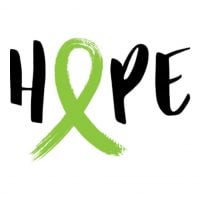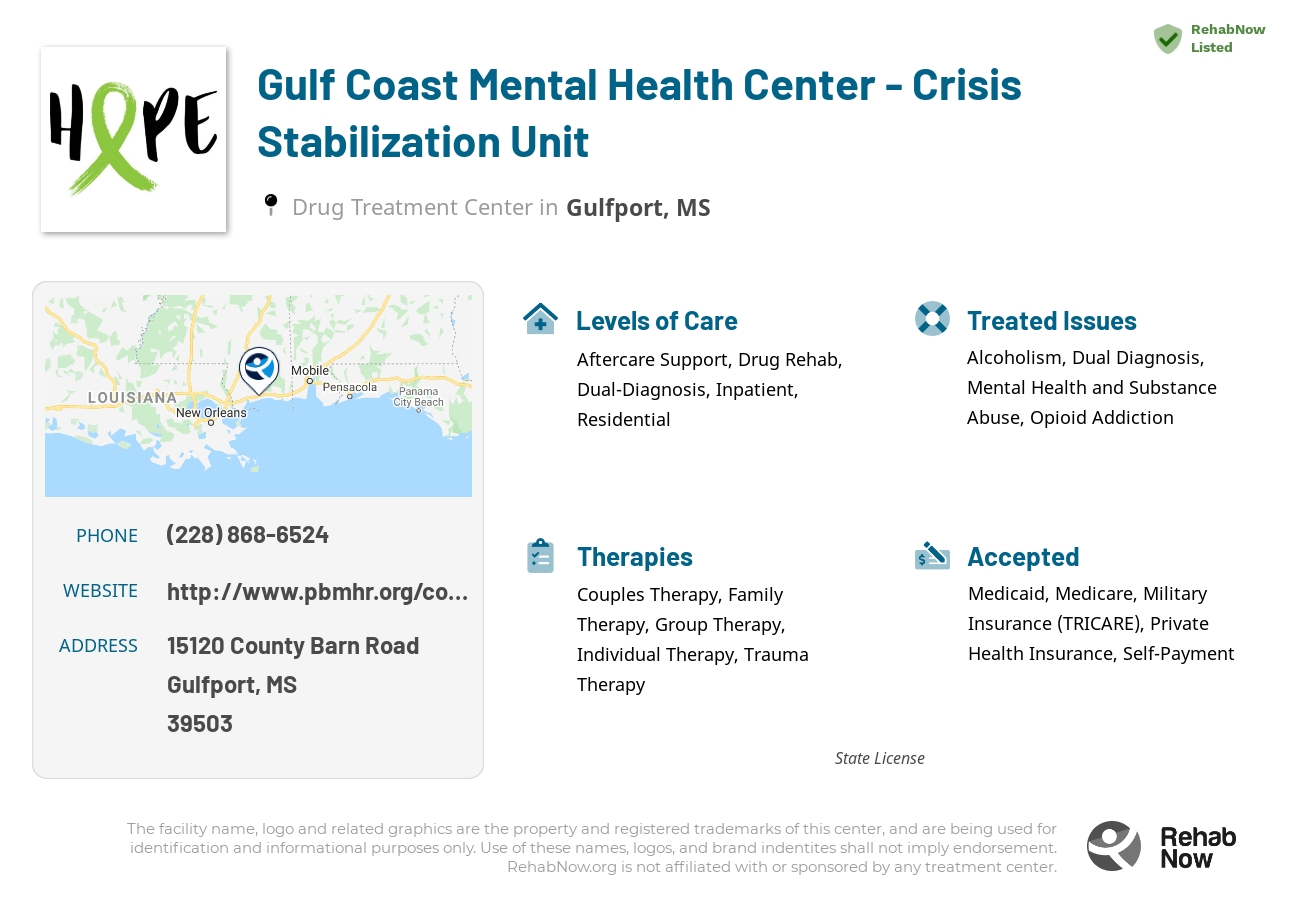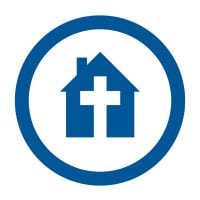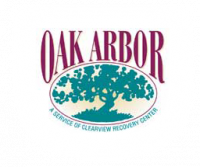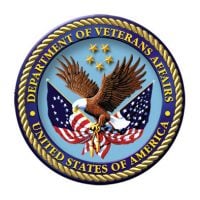Gulf Coast Mental Health Center - Crisis Stabilization Unit
Drug Rehab Center in Gulfport, Mississippi
Gulf Coast Mental Health Center in Gulfport, Mississippi provides personalized mental health care and addiction treatment services, including individual counseling, group therapy, medication management, crisis stabilization, and intervention, alcohol and drug addiction services, and intensive outpatient programs.
About This Mississippi Facility
Located in Gulfport, MS, Gulf Coast Mental Health Center (GCMHC) is a pivotal facility dedicated to offering behavioral health and substance abuse treatment. By providing a diverse array of evidence-based services geared towards both adults and children with co-occurring mental health disorders, GCMHC stands out for its comprehensive approach to recovery and its mission to empower individuals towards an optimal quality of life.
- Specialized Child and Adolescent Services: Utilizes play therapy, talk therapy, and more, assisting young individuals through emotional and behavioral challenges.
- Intensive Inpatient Care: Offers short-term, intensive mental health treatment in a safe and therapeutic environment, tailored to individual needs.
- Substance Abuse Treatments: Integrates counseling, therapy, and support groups designed to assist in overcoming addiction and fostering lasting recovery.
Accredited by CARF and licensed by the Mississippi State Department of Mental Health, Gulf Coast Mental Health Center prides itself on achieving Gold Seal Certification from the Joint Commission. The facility's specialized programs, including crisis intervention and intensive outpatient programs, emphasize personalized care aimed at stabilizing patients in severe mental health crises and guiding them towards recovery.
GCMHC addresses various addictions and mental health issues through an integrated treatment approach, offering therapies that include cognitive-behavioral therapy, relaxation techniques, psychoeducation, and support for substance abuse recovery. This enables a tailored, focused, and supportive journey towards sobriety and mental wellness, ensuring each individual's needs are met comprehensively.
Genders
Ages
Modality
Additional
Accreditations
State License
Conditions and Issues Treated
Opioid addiction treatment should be done in a medically supervised drug rehab. Opioid addiction treatment will include detoxification and drug rehab counseling to help both the user and their loved ones learn how to live a successful sober lifestyle. Methadone, buprenorphine, and naltrexone are three medications that can help treat opioid addiction. Individual drug rehab counseling sessions can be helpful to discuss any questions or concerns with the drug treatment program.
When addiction and psychiatric issues co-occur, the addict’s recovery is more successful when both conditions are treated. A dual diagnosis refers to a condition in which the patient is diagnosed with two health issues: addiction and bipolar disorder.
Usually, dual diagnosis sufferers are prescribed a combination of treatments for each condition. The most common therapies are psychotherapy, behavioral therapy, spiritual counseling, 12-step programs, and medication management.
Psychiatric conditions are an obstacle to recovery because they can create roadblocks to a healthy lifestyle. Drugs and alcohol may be used as a means of self-medication, which can have dangerous consequences. Over time, addicts build up a tolerance and suffer withdrawal symptoms when drug use is stopped.
With the proper treatment, dual diagnosis sufferers can overcome their conditions and achieve lasting sobriety.
Levels of Care Offered at Gulf Coast Mental Health Center - Crisis Stabilization Unit
This center offers a variety of custom treatment tailored to individual recovery. Currently available are Aftercare Support, Drug Rehab, Dual-Diagnosis, Inpatient, Residential, with additional therapies available as listed below.
Inpatient treatment is an option that provides addicts with a supportive environment in which they can stop using. This type of intensive care and supervision is appropriate for those who were unable to quit on their own or need more structure than they could get from outpatient treatment, such as the addict most in need of this level of care.
The goal of inpatient rehab is for the addict to stay focused on sobriety and remain free of mood altering substances. Inpatient treatment programs usually offer the following: detox, therapy groups, one-on-one counseling, medication management and aftercare planning.
Residential treatment programs are those that offer housing and meals in addition to substance abuse treatment. Rehab facilities that offer residential treatment allow patients to focus solely on recovery, in an environment totally separate from their lives. Some rehab centers specialize in short-term residential treatment (a few days to a week or two), while others solely provide treatment on a long-term basis (several weeks to months). Some offer both, and tailor treatment to the patient’s individual requirements.
Aftercare is a part of drug rehabilitation. It is also known as “post-treatment support.” Aftercare programs are available for addicts after they complete drug rehab. It is often the final step in the recovery process. The goal of aftercare is to ensure that addicts maintain their achievements in rehab and do not relapse. Professionals generally provide aftercare (including addiction therapists, physicians, social workers, psychologists) and involve individual and group therapy sessions.
Therapies & Programs
Individual therapy is a critical component of addiction recovery. It allows the patients to go deep into their core issues and discover how to handle those problems better. Therapy can be conducted in individual sessions as well as group settings. In individual therapy for addiction, the patient meets with their therapist one-on-one to focus on the underlying issues. This allows patients to open up and discuss personal topics they may not feel comfortable discussing in a group setting. This type of therapy can help develop solutions specific to each patient, which helps speed up the recovery process.
Couples therapy is beneficial for couples in which at least one partner has a substance use disorder. This type of therapy can help partners improve communication skills, which is an important factor in a healthy relationship. It can also help partners better understand one another so they have a greater understanding of how the other partner may be feeling.
Benefits of couples therapy include:
- Improvement in communication skills
- Increased understanding of the dynamics within a relationship
- Increased sense of support and trust in the relationship
- Better teamwork between partners/increased willingness to listen and work together
- Enhanced tolerance of each other’s shortcomings
- Improved ability to have open, honest communication with each other
Family therapy is a crucial part of drug treatment and getting sober. It is one of the most effective ways to help addicts stay on the path to long-term sobriety. When a drug addict decides that they want to try and get sober, it takes the support of every person they love to succeed. It can be incredibly difficult for loved ones to watch an addict go through the pain and suffering of withdrawal, but by being there with them and supporting them, they can help to make sure that the addiction never returns.
One of the most important parts of family therapy is the relapse prevention plan. During treatment, therapists and doctors will often sit down with the addict and their family to develop a plan in case the addict ever feels like they want to use again. This plan should involve steps the addict and family can take together to prevent them from relapsing in the future. An addict’s family can play a vital part in helping them to avoid relapse because they can spot the warning signs and help them get back on track before it becomes too much of a problem.
Group therapy helps prevent addicts from feeling isolated or unique in their situation by offering a sense of comfort and fellowship. It also creates a forum for addicts to build their support systems and learn from each other. The group therapy sessions at Gulf Coast Mental Health Center - Crisis Stabilization Unit occur in a group setting rather than one-on-one to create a safer, controlled environment where addicts feel comfortable.
Trauma therapy helps people dealing with addiction by allowing them to confront the traumas of their past and move past them. It is important to note that trauma therapy should not be confused with PTSD (post-traumatic stress disorder) Rather, it is used to treat the effects of trauma, which are often at the root of addiction.
Cognitive Behavioral Therapy (CBT) is a common therapeutic approach to help drug addicts. It teaches addicts new ways of thinking and behaving so that they can avoid relapse. There are several forms of CBT used in drug rehabilitation centers.
Cognitive Restructuring helps addicts identify faulty, negative thinking so that they can work together with the therapist to find healthier ways of thinking, resulting in better decision-making.
Cognitive Behavioral Therapy for Addiction uses the principles of CBT to help treat addiction. It focuses on specific aspects of each person’s thinking, feeling, physiology, and behavior. It aims to identify specific problems in these areas and create a personalized treatment strategy.
Payment Options Accepted
For specific insurance or payment methods please contact us.
Is your insurance accepted?
Ask an expert, call (888) 674-0062
Pine Belt Mental Health Resources Associated Centers
Discover treatment facilities under the same provider.
- Pine Belt Mental Healthcare Resources - Hattiesburg in Hattiesburg, MS
- Pine Belt Mental Healthcare Resources - Laurel in Laurel, MS
- Gulf Coast Mental Health Center - Venture House in Long Beach, MS
- Pine Belt Mental Healthcare Resources - Columbia in Columbia, MS
- Pine Belt Mental Health for Children - Hattiesburg in Hattiesburg, MS
Learn More About Pine Belt Mental Health Resources Centers
Additional Details
Specifics, location, and helpful extra information.
Gulfport, Mississippi 39503 Phone Number(228) 868-6524 Meta DetailsUpdated April 15, 2024
Staff Verified
Patient Reviews
There are no reviews yet. Be the first one to write one.
Gulfport, Mississippi Addiction Information
Mississippi has one of the highest rates of drug and alcohol abuse-related deaths. Approximately 350,000 residents use illicit drugs every year while another 108,000 abuse alcohol. In one year, doctors in Mississippi prescribed 76.8 opioid prescriptions for every 100 persons. This compares to the national rate of 51.4 prescriptions.
Treatment options for drug addiction vary depending on the person's needs. Inpatient rehab programs provide 24-hour care and supervision in a hospital-like setting. 12-step programs are based on the Alcoholics Anonymous model and emphasize peer support and group meetings. There are many different types of drug rehabs, so it is important to find one that understands your specific addiction.
Treatment in Nearby Cities
- Amory, MS (248.2 mi.)
- Walls, MS (319.1 mi.)
- Forest, MS (135.6 mi.)
- Ackerman, MS (199.1 mi.)
- Lucedale, MS (45.3 mi.)
Centers near Gulf Coast Mental Health Center - Crisis Stabilization Unit
The facility name, logo and brand are the property and registered trademarks of Gulf Coast Mental Health Center - Crisis Stabilization Unit, and are being used for identification and informational purposes only. Use of these names, logos and brands shall not imply endorsement. RehabNow.org is not affiliated with or sponsored by Gulf Coast Mental Health Center - Crisis Stabilization Unit.
